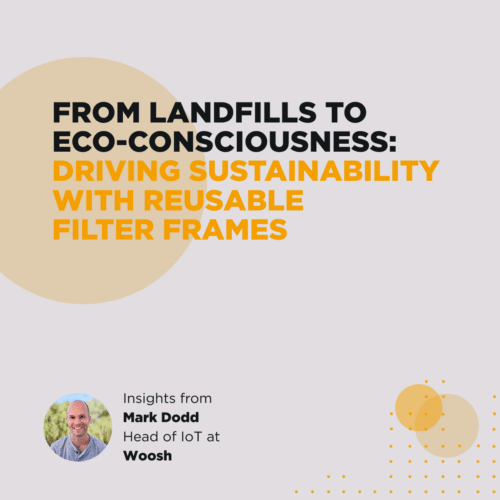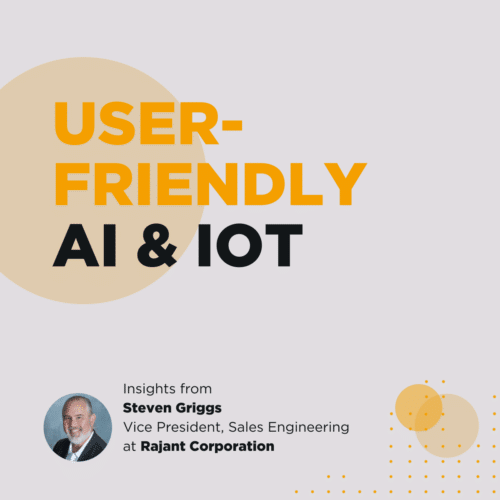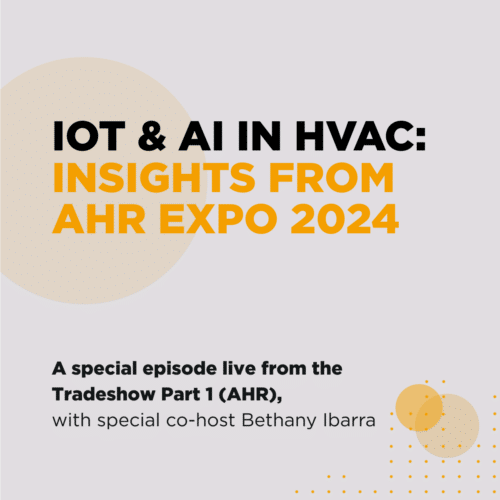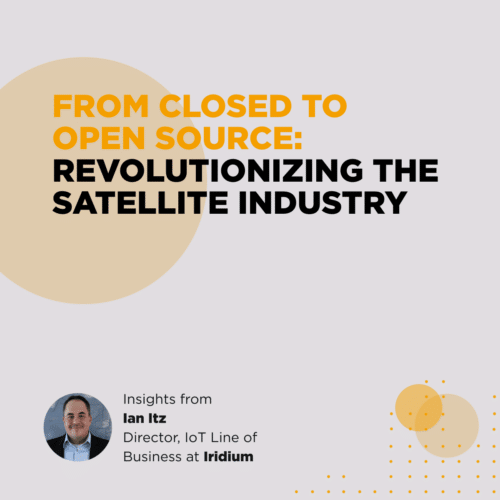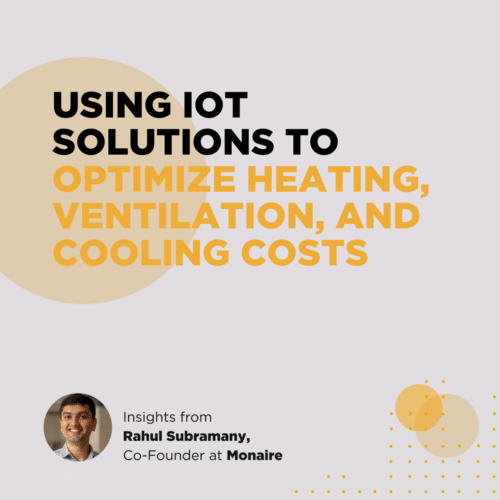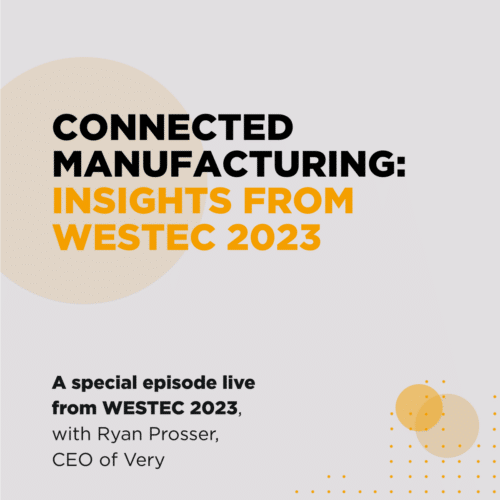Podcast
Episode 17: Sustainability in the Robotics-as-a-Service Industry
October 26, 2021
36 minutes
For B2B robotics, all the customer cares about is the outcome. There’s no emotional attachment to having a brand new thing like there is in B2C.
That’s one reason why it provides an incredible opportunity to bring sustainability and reusability to the industry.
All it takes is one simple acronym: RaaS.
Stefan Nusser, Chief Product Officer at Fetch Robotics, joins the show to discuss how his company approaches sustainability using a robotics-as-a-service model.
We discuss:
- What made a partnership with Zebra Technologies so appealing
- The difference between building a product for B2B vs B2C
- The philosophy behind modular reusable components
- How RaaS is bringing sustainability to robotics
This post is based on a podcast episode with Stefan Nusser, Chief Product Officer at Fetch Robotics. To hear more interviews like this one, subscribe to Over the Air wherever you listen to podcasts.
The Appeal of a Zebra Technologies Partnership
For two years, Zebra Technologies was an investor in Fetch Robotics. So there was already a preexisting relationship and a good understanding on both sides of what the company does.
Where Fetch Robotics strives to design robots that work around humans, Zebra Technologies seeks to support human beings in their quest to become more efficient resources in themselves.
The acquisition of the former, by the latter, is a sign of great things to come. Both companies fit snugly into each other’s offering, serving many of the same customers alongside the same partners. It’s a natural fit.
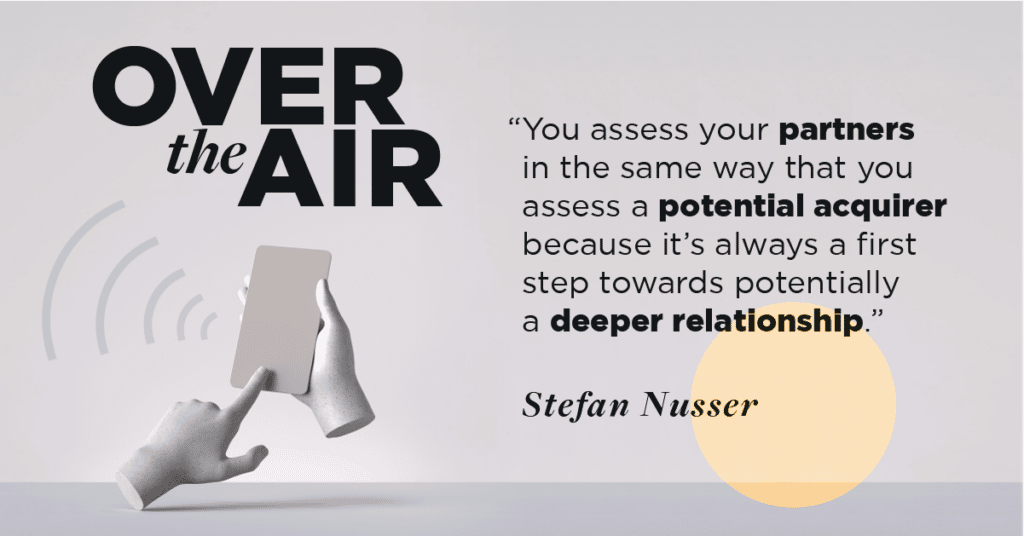
Building Products: B2B vs B2C
Catering for entire businesses is different from catering for consumers.
Each one of us is a consumer, which provides us with some level of insight into the way that consumers think, speak, and behave.
In B2B, you need to conduct genuine research on the domain you’re serving. Immerse yourself into your prospect’s environment. If you’ve never run a warehouse, you can’t succeed at selling and implementing warehouse solutions. You need to do your homework first.
Stefan’s understanding of B2B product development is something we can all learn from:
- Identify genuine pain points
- Choose the domain you’d like to serve
- Ask yourself how you can provide value where the domain and the frustrations overlap
- Consider the ROI of your offer
- Pilot quickly
It’s all trial and error from there.
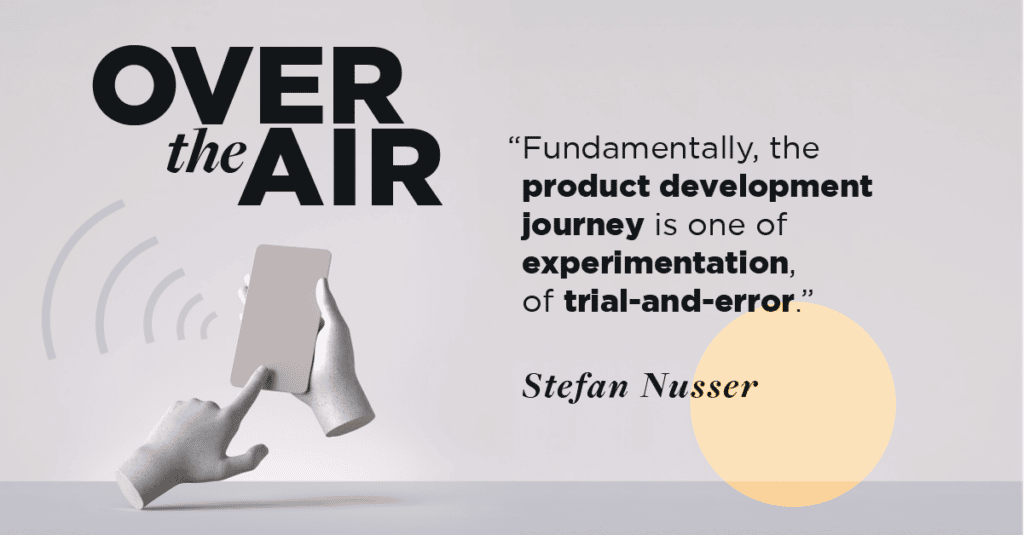
The Philosophy Behind Modular Reusable Components
B2C products are commodities, serving millions of consumers at any one time. The economics of the B2C relationship almost demands a one-size-fits-all solution, with simple variations that massive audience segments can consume.
B2B, especially where robotics is concerned, could never follow the same model. Think about it: collaborative robots are constantly engaging with their physical environments. Every business has different layouts, health and safety measures, square footage, production equipment — what works for one company could never be copied and pasted for another.
How RaaS Brings Sustainability to Robotics
B2B environments tend to have little to no room for emotion. It’s all about ROI: efficiency and profitability, with a principle-based value layered around that.
The subscription economy boom is all the proof you need.
Why own something and take on maintenance and depreciation when you can rent it and cover the overhead in your costing model?
Robotics as a Service (RaaS) equips Fetch Robotics’ clients with elastic capacity: scale up or down as needed.
RaaS shifts the focus from buying equipment to buying outcomes, or rather the capacity to deliver outcomes.
Clients don’t care if they have the latest fanciest gadgets, and they don’t need to. What matters is whether they can deliver value for their customers.
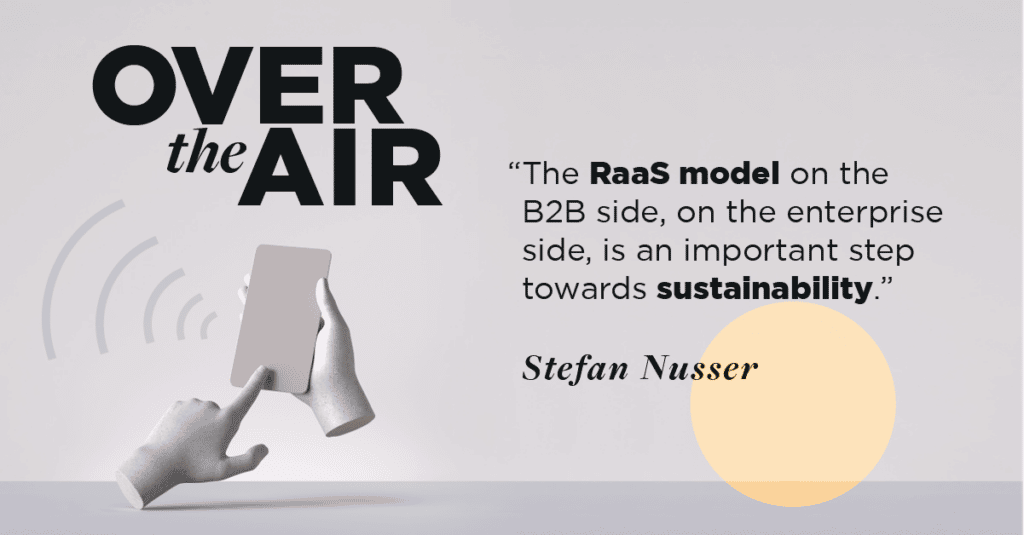
Perhaps one of the most sustainable aspects of RaaS is that by focusing on the outcome, the opportunity to evolve is constantly within reach. Something as simple as a software update could radically enhance the customer experience: robots have new capabilities with each update, meaning new or more capacity for clients of Fetch Robotics each time.
Never miss an episode of Over The Air by subscribing wherever you listen to podcasts.

Hosted by: Ryan Prosser
CEO at Very
As Very's CEO, Ryan collaborates daily with product, sales, and marketing to deliver the IoT solutions our clients look for. He is also a champion for our culture, fostering transparency and efficiency across our distributed team.

